 First and foremost, let’s make sure we clarify that the cloud is a technical term for hosted applications and not an actual cloud or heaven, LOL. A few months ago I did a post about the cloud and how it could help ministries (http://thenewichurch.com/websites/can-the-cloud-help-ministries/). Today we are going to update that post and give a great explanation of applications that a ministry can use to go to the next level. I did first want to extract a few points from a great post that I read over at Mashable.com about the Pros and Cons of moving your Business to the Cloud http://mashable.com/2011/07/26/cloud-computing-business/ and how this topic can be applied from our church perspective.
First and foremost, let’s make sure we clarify that the cloud is a technical term for hosted applications and not an actual cloud or heaven, LOL. A few months ago I did a post about the cloud and how it could help ministries (http://thenewichurch.com/websites/can-the-cloud-help-ministries/). Today we are going to update that post and give a great explanation of applications that a ministry can use to go to the next level. I did first want to extract a few points from a great post that I read over at Mashable.com about the Pros and Cons of moving your Business to the Cloud http://mashable.com/2011/07/26/cloud-computing-business/ and how this topic can be applied from our church perspective.
First the main benefits of moving to the cloud according to the Mashable.com article are:
It’s scalable. If your business takes off, it’s easy to adjust your computing needs. Most cloud-computing is billed at a monthly rate, like a utility. So, if your business grows, you can just order more server space.
The initial costs is are very affordable. With the cloud, you don’t have to set up a server and spend all the man-hours it takes to get one up and running.
It can save money in other ways. Virtual Office apps located in the cloud make the administrative costs of running a business minimal.
There’s less IT infrastructure staff to manage. With cloud computing, you don’t need to hire a tech team, and a smaller team will save you money on payroll, benefits and more.
Now let's look at the main drawback:
Your business is in the hands of another company. If the servers go down of the online applications that you are using, then your business comes to a halt. Even with SLAs (Service Level Agreements) that guarantee 99.9% uptime, you still have to account for the .1% change that your business is affected and have the appropriate redundancy plans in place.
Now, what are great applications that a ministry could use, that are located in the cloud? Well here are some great ones to start with:
- File Storage - A central location where files for the ministry can be accessed from laptops, desktops and mobile devices. Also a place where backups and versions of files are kept as well as a secure environment.
- Dropbox - http://dropbox.com
- Office Software - Email, Word Processing, Spreadsheets, Presentations, Scheduling, Intranet, Photo Management, Analytics and other administrative software that can be accessed from laptops, desktops and mobile devices. Also, this software has real-time collaboration features where users can work on files simultaneously.
- Google Analytics - http://google.com/analytics/
- Google Apps - http://google.com/apps
- Gmail
- Docs
- Spreadsheets
- Presentations
- Calendar
- Sites
- Reader
- Picasa
- Project Management - Software that includes estimation and planning, scheduling, cost control and budget management, resource allocation, collaboration software, communication, quality management and documentation or administration systems, which are used to deal with the complexity of large projects. This software can be accessed from laptops, desktops and mobile devices.
- Basecamp - http://basecamphq.com/
- Intervals - http://www.myintervals.com/
- Phone and Video Conferencing
- Skype - http://skype.com
- Google Voice - http://www.google.com/voice
- Web Hosting and Content Management Systems
- GoDaddy - http://godaddy.com
- Wordpress - http://wordpress.com
- Social Media
- Hootsuite - http://www.hootsuite.com
- Facebook - http://facebook.com
- Twitter - http://twitter.com
- Youtube - http://youtube.com

